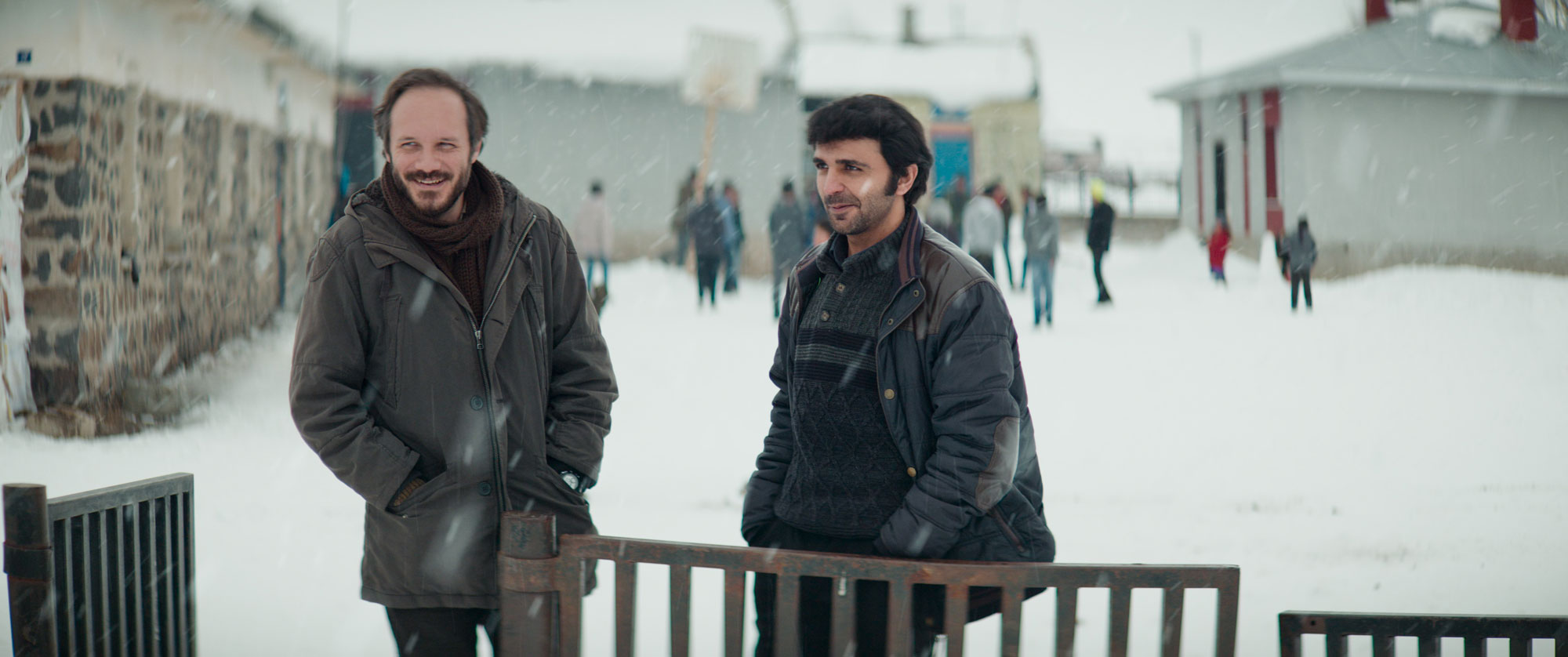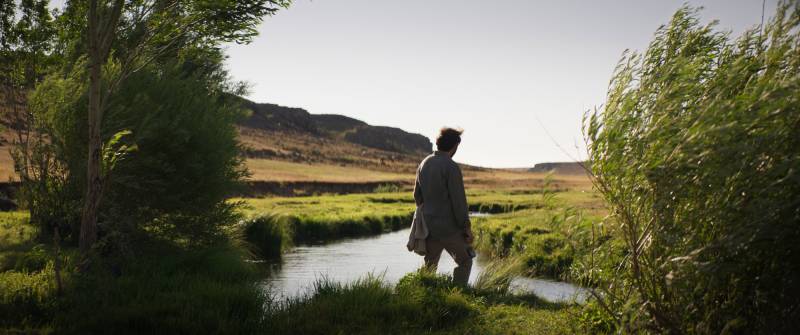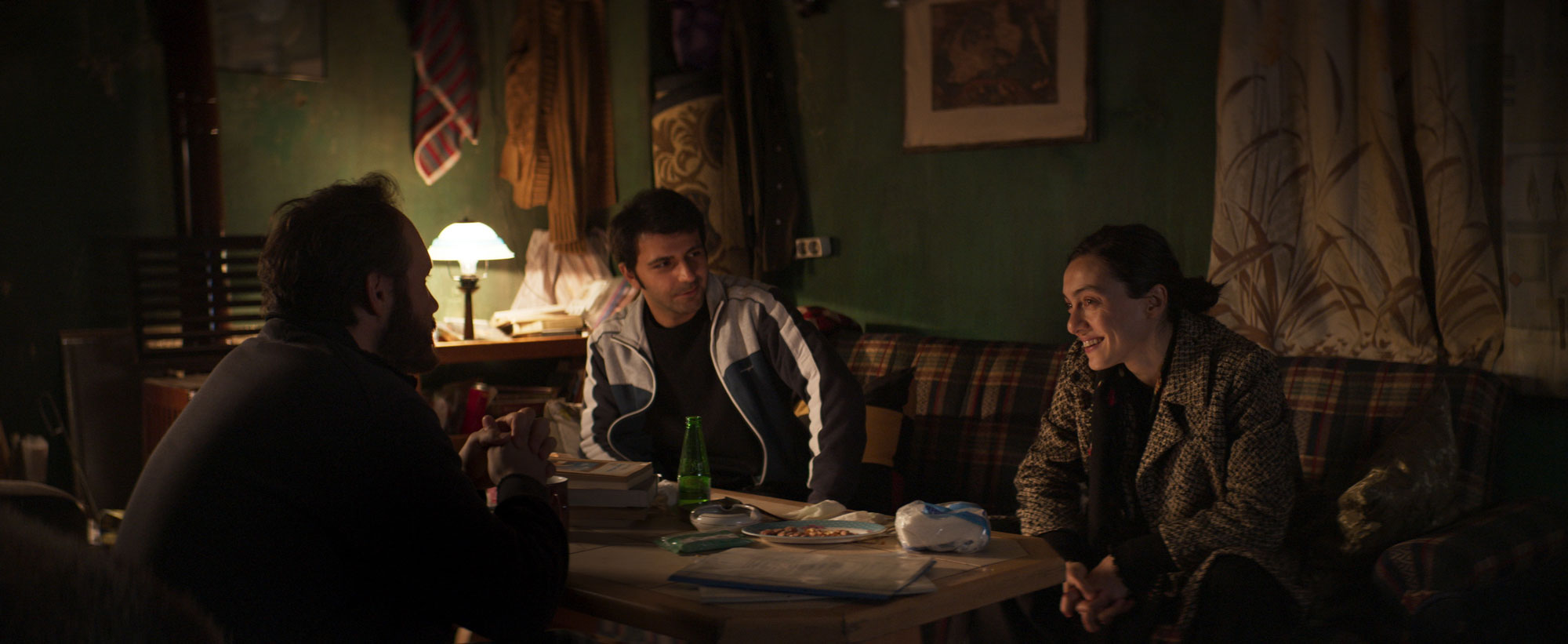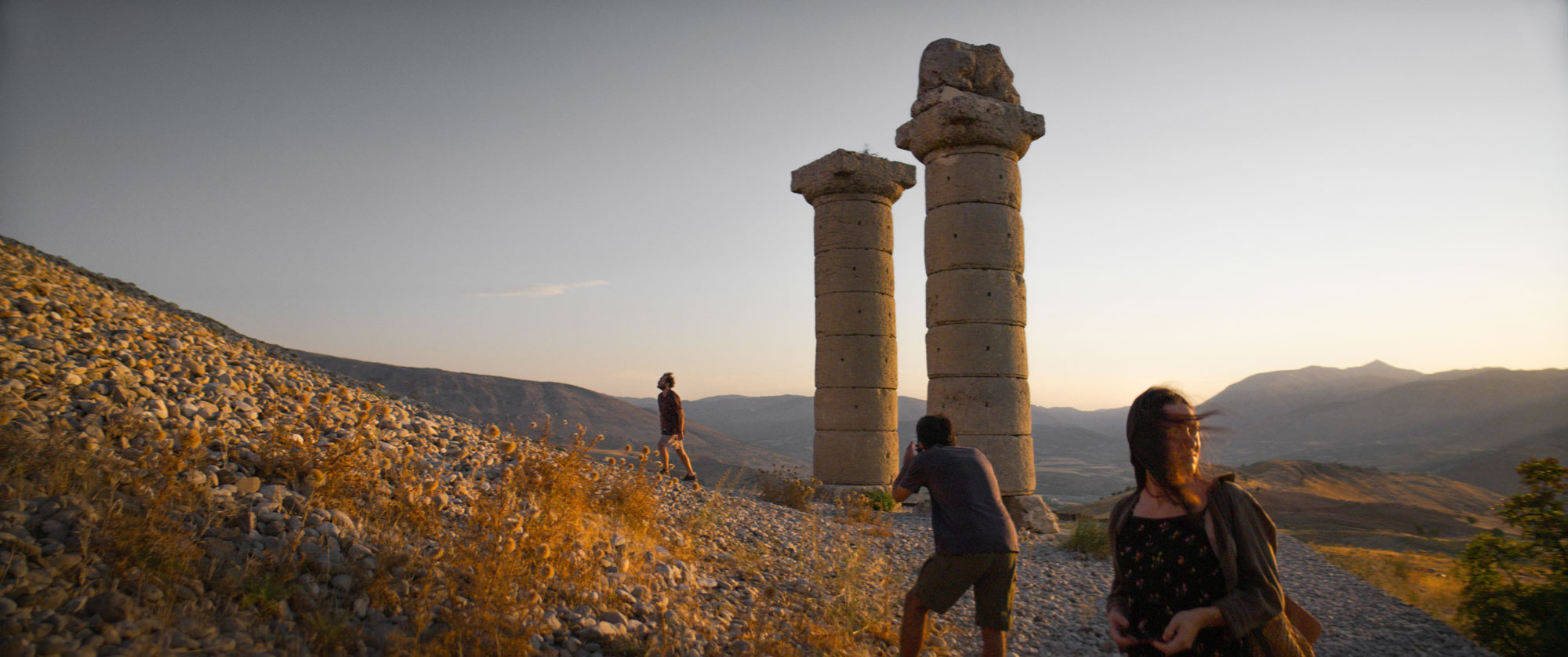In the movies, there are few settings more hopeful than elementary schools. And almost none where the characters’ derailed dreams and deflated enthusiasm hit us harder.
I’m not just talking about the students. Sarnet (Deniz Celiloğlu), the teacher at the center of Turkish filmmaker Nuri Bilge Ceylan’s riveting About Dry Grasses (screening April 6 and 14 at the Roxie), exudes idealism and commitment from the moment we encounter him traipsing through a snowy rural landscape in Eastern Anatolia. A city fellow in his fourth (and hopefully final) year assigned to a remote village school, he may not totally fit in with the local lifers but we sense that he’s one of the good guys.
Yet the more time we spend with Sarnet — and Ceylan’s quietly piercing drama runs three-and-a-quarter hours, on par with the filmmaker’s previous two films — the more we come to see his elitism and arrogance. It trickles out in his interactions with his fellow teacher and roommate Kenan (Musab Ekici), but really reveals itself in Sarnet’s dealings with the film’s two female characters.
That’s not coincidence or happenstance; nothing is, in Ceylan’s measured social critiques. The dialogue is rife with hints about the power of Turkish authorities (the police, the education ministry) and the pressures of family and tradition. The invisible, malignant forces are governmental as well as patriarchal, to the degree you wish to separate them.

Sarnet resists the status quo, or so he thinks. When his favorite student, Sevim (stellar newcomer Ece Bağci), has a love letter confiscated from her personal belongings by another teacher during an impromptu and shocking classroom search, he manages to obtain it for her. But he bungles its return and lies to Sevim, a betrayal that subsequently leads her to report him to the principal for another alleged indiscretion.




